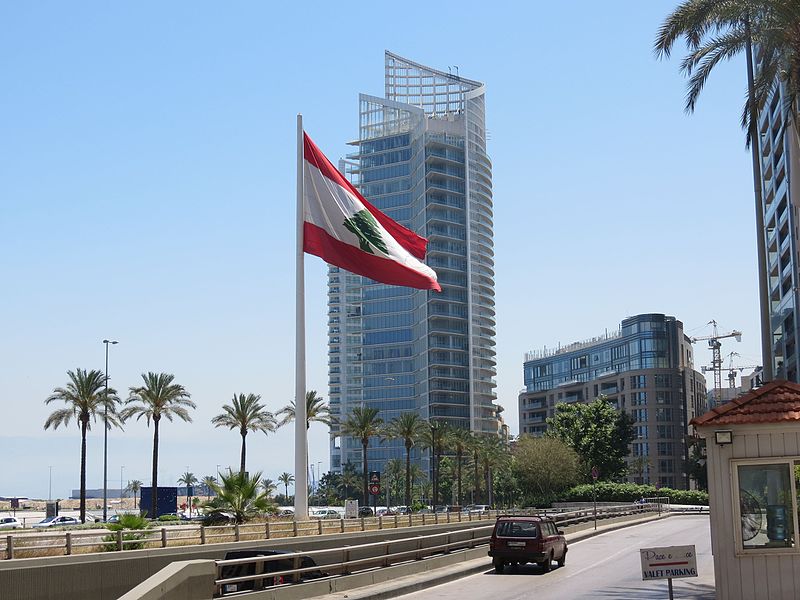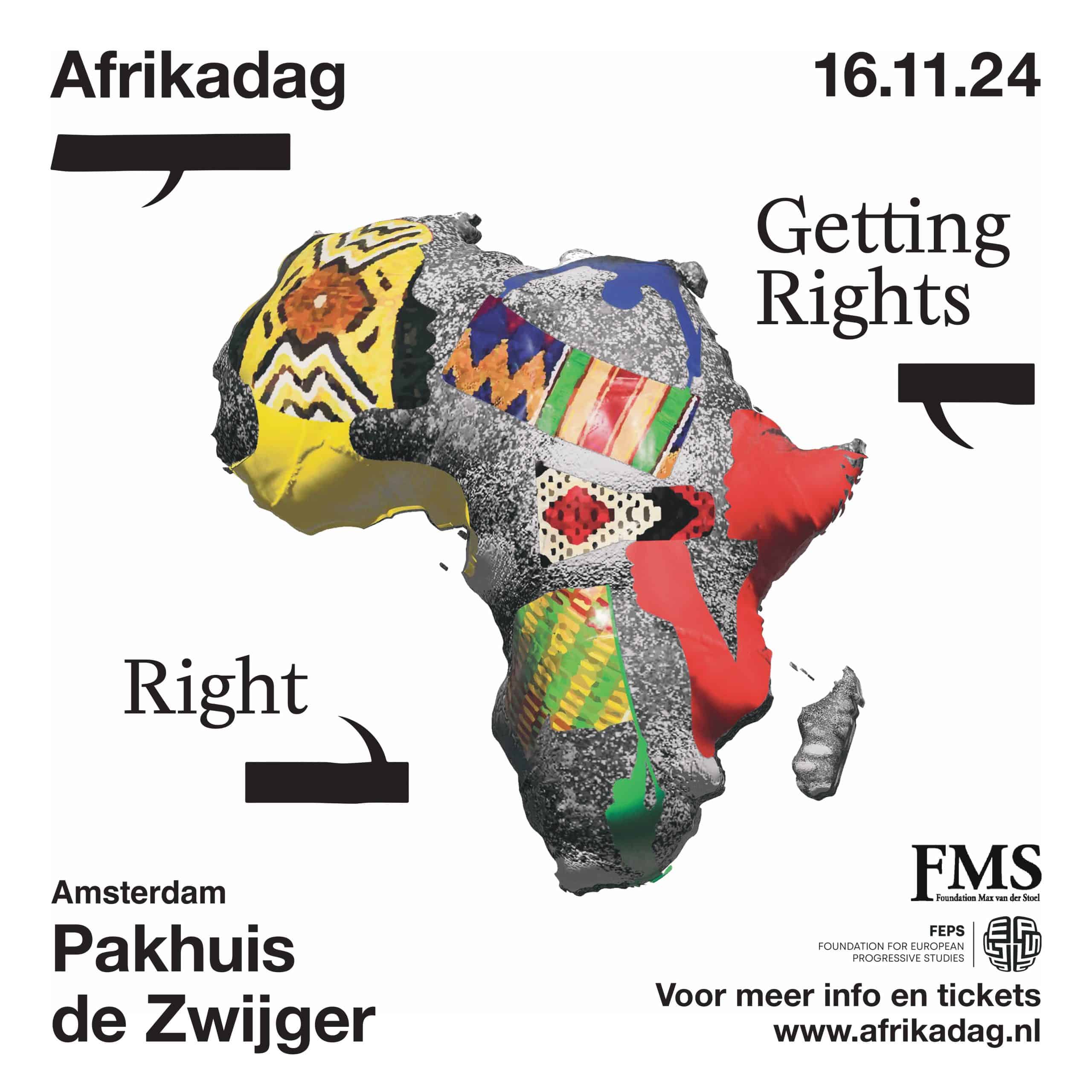Last Sunday, 15 May, Lebanon held parliamentary elections. They were long awaited in the crisis-ridden country. An economic depression caused by political mismanagement, the coronavirus pandemic and the port explosion in Beirut in August 2020 have brought the country to the precipice. More than 70 per cent of Lebanese residents now live below poverty line.
Violations in the electoral process
The elections have been contested - 3,500 violations of the electoral process were reported by independent monitor LADE. Intimidation, bribery and violence were allegedly used by existing parties such as Hezbollah, Amal and the Lebanese Forces (LF) who want to retain their power in parliament.
Results
Turnout was very low - 41 per cent. This reflects the extremely low confidence of the Lebanese people that politics is capable of solving the country's problems. The same people who plunged the country into crisis have been in power for decades, since the complex sectarian political system was established in 1989 after a 15-year civil war.
Hezbollah is seen as a loser in the elections. The Iran-affiliated Shiite party has a large political and military presence in Lebanon and is held partly responsible for the country's major problems. While Hezbollah and its partner Amal remained equal in terms of seats, loyal independent partners and President Michel Aoun's Maronite-Christian Free Patriotic Movement (FPM) lost many seats. As a result, this Hezbollah-led power bloc no longer has a majority in the Lebanese parliament - they are likely to end up with 61 out of 128 seats.
On the other hand, the Maronite-Christian Lebanese Forces (LF) are a big winner. The party of former warlord Samir Geagea is affiliated with Saudi Arabia and is a major opponent of Hezbollah. They rose to 21 seats, becoming the largest party in the Lebanese parliament. Last October, major violence broke out between militias from both parties around the court case surrounding the port explosion in Beirut, accusing government officials from the Hezbollah camp of involvement.
The 2019 protest movement
Many are looking forward to the possible political institutionalisation of the 2019 Lebanese protest movement. These protestors want to put an end to Lebanon's dysfunctional power-sharing system between different ethnic-religious sects, which has led to massive corruption in the country. Candidates affiliated with the protest movement have won 13 seats - this can be called a success, but does not seem to be enough to exert major influence on politics. Large-scale corruption and clientelism make it very difficult for new movements to penetrate Lebanese politics.
Status quo likely to persist
At bottom, Hezbollah's losses are grandly interpreted as a break in the trend and possible start of major changes in Lebanon. All in all, this seems unlikely. The elections are mainly a legitimisation of Lebanon's existing political elite, which have carefully divided the country's power resources. The distribution of seats is currently even more polarised, making it even more difficult to find a 'modus vivendi' between the different parties in parliament. This is crucial because Lebanon needs to undertake major IMF-advised reforms if it is still to avert complete bankruptcy of the country. However, political paralysis is obvious, and many have completely lost faith in politics. The use of violence is a possible solution for many existing parties to force - or stop - change. Only major changes in Lebanon's electoral system seem likely to be able to break a trend in the future - and prevent existing parties from contesting each other outside parliament.
Sources: ABC News AP News I AP News II France24
Photo: WikiMedia Commons





